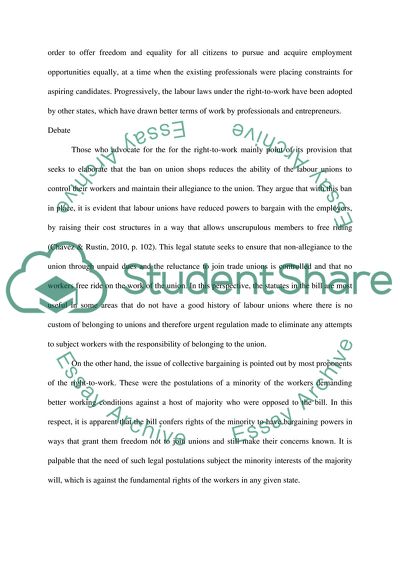Cite this document
(“Right to Workin in the Development of Businesses and the Economy Assignment”, n.d.)
Right to Workin in the Development of Businesses and the Economy Assignment. Retrieved from https://studentshare.org/human-resources/1638759-writer-choice
Right to Workin in the Development of Businesses and the Economy Assignment. Retrieved from https://studentshare.org/human-resources/1638759-writer-choice
(Right to Workin in the Development of Businesses and the Economy Assignment)
Right to Workin in the Development of Businesses and the Economy Assignment. https://studentshare.org/human-resources/1638759-writer-choice.
Right to Workin in the Development of Businesses and the Economy Assignment. https://studentshare.org/human-resources/1638759-writer-choice.
“Right to Workin in the Development of Businesses and the Economy Assignment”, n.d. https://studentshare.org/human-resources/1638759-writer-choice.


